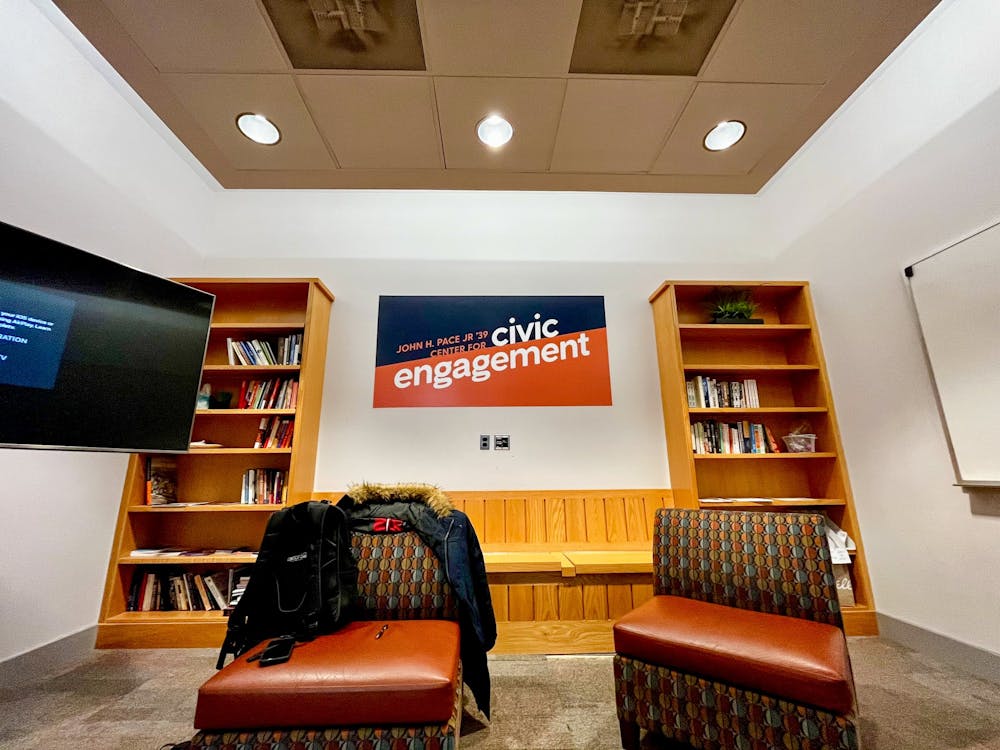A smaller college can’t afford to be so lavish. The cost of educating a student is always more than the student pays, and there are some smaller schools whose savings would dwindle if they didn’t keep the number of students on financial aid at a certain level. The policy may seem like a classist conspiracy built to keep lower-income students out of college, but it just points to the fact that education is a commodity in this country and that schools are run like businesses. Even if we don’t like what we see here, I don’t think the solution is to wag our fingers at schools that are honest about their financial needs. This criticism fails to take into account the fact that we buy our way in, in some way, with more than just tuition. A person from a financially disadvantaged background has more in their way than the cost of the education.
Piano lessons, math camp, karate class and traveling sports teams: These are all things in which people here have participated and have done so quite a lot in comparison to the rest of the world. We talk openly about how wonderful it is to have such talented and gifted students at Princeton, students made into well-rounded people by those extracurriculars, but we don’t like to talk about the other thing that binds these activities: money. We all know that a person living in a poor inner city is much less likely to shell out $70 an hour for piano lessons, and his or her equally poor inner city school is also less likely to have the full range of free extracurriculars that include music, art and debate.
Here at Princeton, our brochures proudly state that about 60 percent of students are on financial aid. However, with the average income in this country around $42,000, Princeton students clearly don’t represent an average spread of American incomes. That is not a coincidence. We don’t have to be as brazen as other colleges about wanting students who can pay because we can afford to offer significant financial aid to those who can’t. But the students Princeton admits based on their other merits are more likely to be higher income anyway. Money buys SAT classes, tutors and expensive AP exams. Perhaps natural giftedness is the foundation of a great student, but the smartest person in the world won’t learn to read if he or she doesn’t have a book. We were judged by our merits, but our merits were provided for by our opportunities. We therefore can’t place the blame on the shoulders of admission committees. If we really want to open up opportunities, we need to work on changing what happens to a student before Dec. 31 of their senior year.
It’s easy to get into the “let them eat cake” mentality when it comes to academia. If only admission officers would let more people into college, we lament, we would be all set, right? We need to remember that access to education is a complex social issue with many different variables. The disparity is much more fundamental than looking at who can pay $50,000 a year. Whether we lower the cost of education or try to increase aid to help people pay for school, we can’t even the playing field until we also make opportunities to grow and shine before college available to those who can’t afford them.
I sometimes think that part of what keeps society so stratified is a widespread unwillingness to admit that the “American Dream” can have hitches. It’s tempting to just put a patch on a social problem because it’s a disappointing departure from how we want to see our society. We squirm at the thought that we have something we didn’t earn. We don’t like that we may have edged someone out based on who his or her parents are. It’s hard to realize that hard work doesn’t always take you to the top and that socioeconomic preferences are built into our social structure. But these are truths that lead us to where we are, and sometimes we need to break from idealism to actually realize the ideal of an equal opportunity for all our citizens.
Sophia LeMaire is a mechanical engineering major from Longmeadow, Mass. She can be reached at slemaire@princeton.edu.







